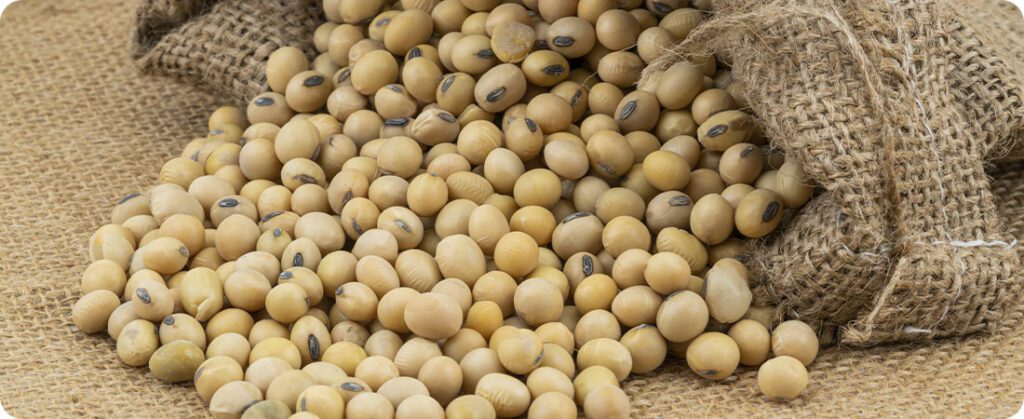
The second day of strikes and stoppages in Argentina continue to impact exports in the country and reach the heart of the soybean complex. The port region of Rosário is one of the most affected, according to sources interviewed by Reuters Internacional. Soybean shipments, corn and wheat are also already quite committed.
“The strikes are affecting the ports of Rosario. Furthermore, they are feeling the effects of the measures taken by employees of the processing workers union and the oilseeds federation”, says the manager of the Chamber of Maritime and Port Activities, Guillermo Wade.
Likewise, the president of CIARA-CEC (Chamber of Processing Industry of Argentina), Gustavo Idígoras, states that at this moment, Argentine ports are without operations, in the middle of harvesting the 2023/24 harvest.
Turbulence in oil and biodiesel production
The general secretary of SOEA (Sindicato de Obreros y Empleados Aceiteros), Daniel Succi, explained to the local portal Infocampo that in the port area of San Lorenzo, in Santa Fé, there are 17 oil and biodiesel producing companies, where around 84% is produced. of national production. Domestic consumption will probably not feel the effects, but exports could be significantly compromised. The cotton market could also be impacted.
Measures on strikes will evolve according to the vote on articles on tax and labor issues. Earlier, President Javier Milei proposed a broad and profound economic reform in the country, called the “Basic Law”, which was approved. Discussions and votes have been taking place since Tuesday morning (30).
Furthermore, Milei celebrated the approval of the basic text as a “first fundamental step” to get Argentina out of the swamp.
Meanwhile, a good part of the gains accumulated by soybean meal yesterday on the Chicago Stock Exchange – which ended the day with more than 2.5% of gains among the main maturities – retreated again, following the general decline in commodities. In this Tuesday's session, oil led the losses on the Chicago Stock Exchange, which ended the day losing 3%.
Source: Carla Mendes | Notícias Agrícolas












